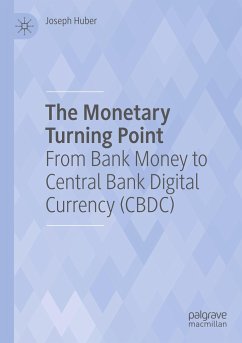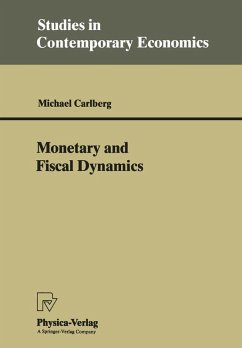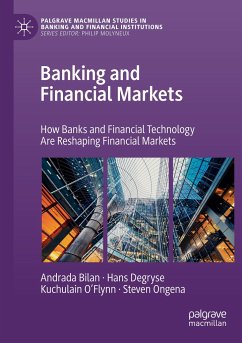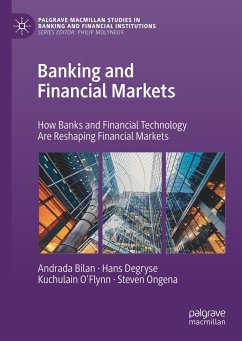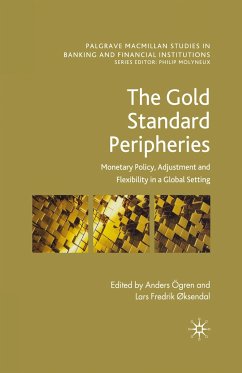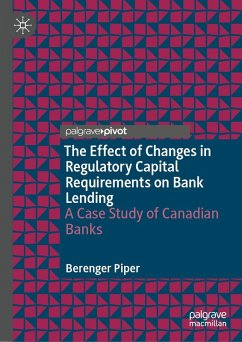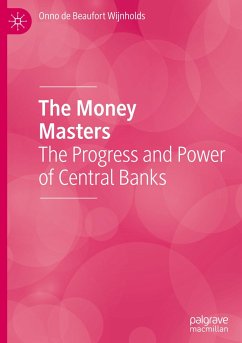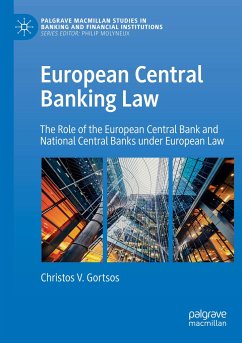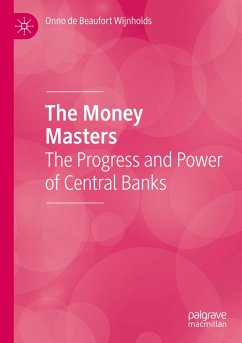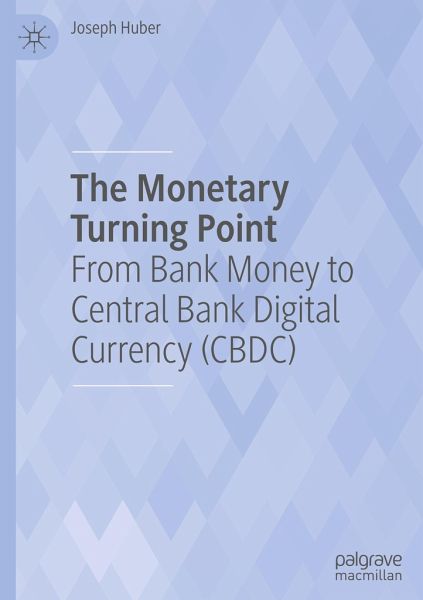
The Monetary Turning Point
From Bank Money to Central Bank Digital Currency (CBDC)
Versandkostenfrei!
Versandfertig in 6-10 Tagen
121,99 €
inkl. MwSt.
Weitere Ausgaben:

PAYBACK Punkte
61 °P sammeln!
The monetary system is at a turning point. The question is no longer if, but how soon countries will roll out a Central Bank Digital Currency (CBDC). This book discusses the recomposition of the money supply from the present bank money regime to a monetary system determined by CBDC. As the book sets out, the future of money is going to be digital and sovereign. Nonetheless, the relationship between the various types of money is competitive rather than being the peaceful coexistence that was officially envisaged. CBDC competes with the incumbent bank money as well as with private cryptocurrenci...
The monetary system is at a turning point. The question is no longer if, but how soon countries will roll out a Central Bank Digital Currency (CBDC). This book discusses the recomposition of the money supply from the present bank money regime to a monetary system determined by CBDC. As the book sets out, the future of money is going to be digital and sovereign. Nonetheless, the relationship between the various types of money is competitive rather than being the peaceful coexistence that was officially envisaged. CBDC competes with the incumbent bank money as well as with private cryptocurrencies that are challenging both central-bank money as well as bank money. For technological and political reasons, bank money will not be able to emulate the superior properties of sovereign digital tokens. Uncovered and unwarranted cryptocurrencies, too, will not stand the competition in the long run. The shifts in the monetary system are changing the role of central banks in the interplay ofmonetary, fiscal and private-creditary functions and open up improved options for monetary policy. The book will be of interest to academics, researchers, and policymakers in monetary and financial economics, and digital currencies.





